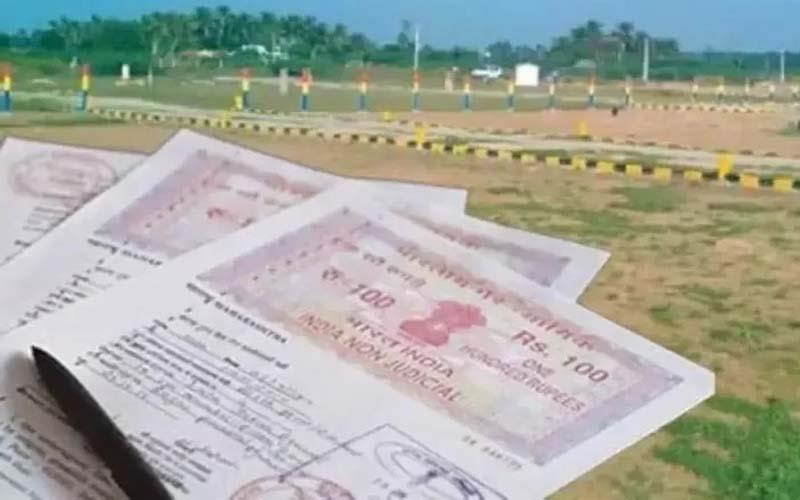Govt earns Rs 544 crore from Land Registrations
TNN Bureau. Updated: 3/29/2024 2:54:47 AM
Front Page

Srinagar: Land revenues have seen a remarkable rise from Rs 291 crore in the fiscal year 2019-20 to an impressive Rs 544 crore in 2022-23, following the registration system’s complete modernization and integration with the National Common Document Registration System (NGDRS). Linking this system with Aadhaar has not only enhanced transparency and credibility but has also resulted in a notable increase in government income.
As per the reports in the wake of the abrogation of Article 370, rural areas of the Union Territory of Jammu and Kashmir are witnessing a remarkable surge in property registrations, marking a significant four-fold increase over the past two years. According to recent data, the number of registrations skyrocketed from 21,293 in 2020-21 to an impressive 80,128 in 2022-23.
The introduction of a digital system for property registration has revolutionized the traditional approach, liberating citizens from the cumbersome process of engaging Katibs (registry scribes). Historically, land registration in Jammu and Kashmir was exclusive to the courts, dating back to 1889 when Maharaja Pratap entrusted this responsibility to the judicial system based on the Jammu and Kashmir Registration Act of 1977 Vikram Samvat. However, says a senior revenue official, with the repeal of Article 370 on August 5, 2019, and the subsequent formation of a dedicated land registration department under the Revenue Department, a paradigm shift has occurred.
This overhaul, as per the reports, led to the establishment of 77 registrars and sub-registrars who now operate under the purview of the Central Law Registration Act of 1908, replacing 153 state laws with 106 central laws. The transition to digitalization has particularly benefited rural areas, offering enhanced facilities such as SMS alerts for registration updates, mandatory thumb impressions, and the convenience of home-based and online registrations. This has proven especially advantageous for the elderly, disabled, and those unable to visit government offices.
Furthermore, reports inform that the integration of the registration system with the National Common Document Registration System (NGDRS) and Aadhaar has significantly bolstered transparency and credibility in the registration process. As a result, government revenues have witnessed a substantial increase, with income surging from Rs 291 crore in 2019-20 to a noteworthy Rs 544 crore in 2022-23.